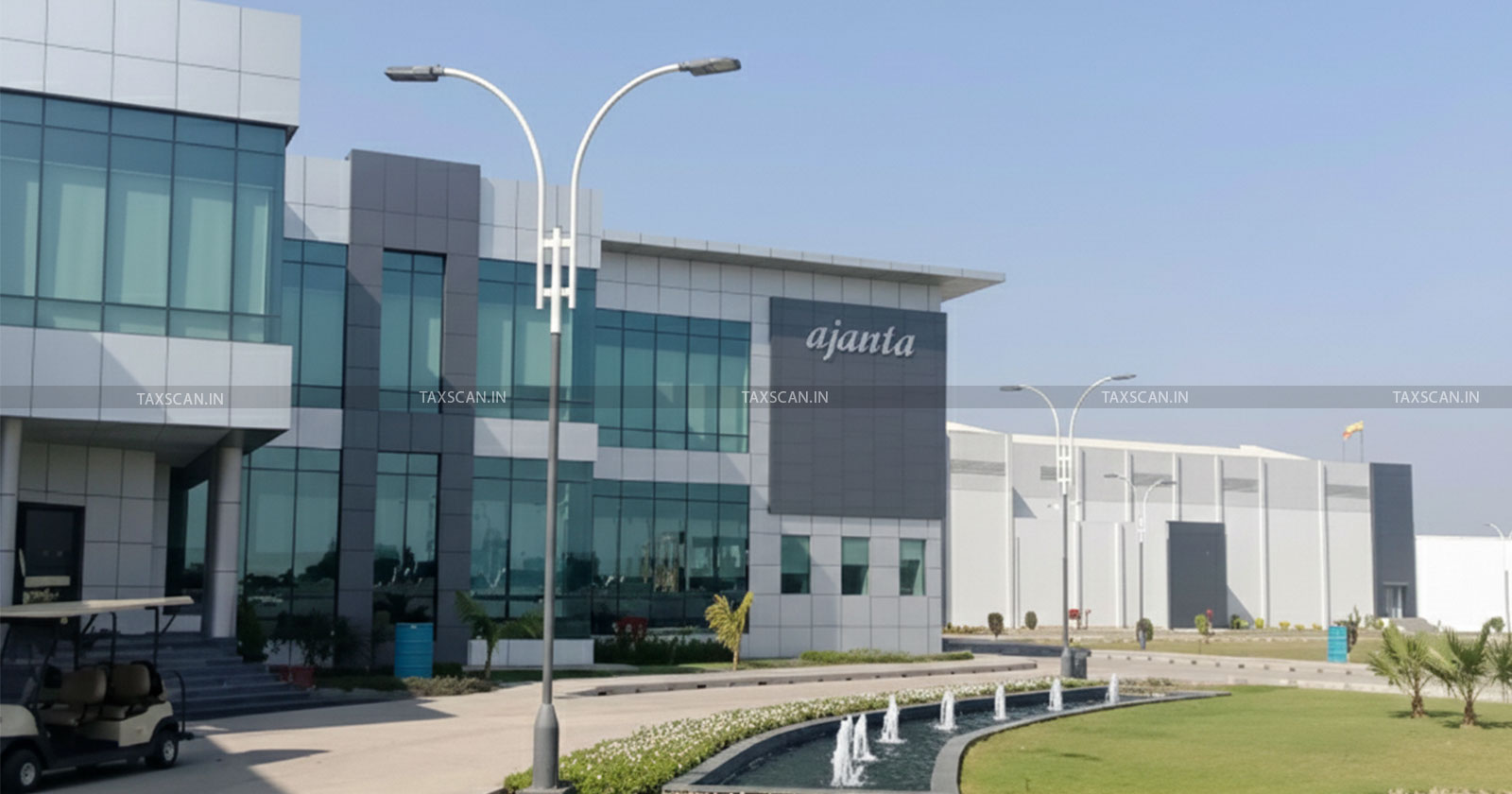Under-Invoicing Allegation Lacks Proof: ITAT Removes Cash Addition against Indo Count Industries u/s 153A [Read Order]
In the absence of seized material linking the alleged transactions to the relevant assessment year, the Tribunal affirmed that the Assessing Officer lacked jurisdiction to make such additions.
![Under-Invoicing Allegation Lacks Proof: ITAT Removes Cash Addition against Indo Count Industries u/s 153A [Read Order] Under-Invoicing Allegation Lacks Proof: ITAT Removes Cash Addition against Indo Count Industries u/s 153A [Read Order]](https://images.taxscan.in/h-upload/2025/11/10/2103716-itat-cash-addition-taxscan.webp)
The Mumbai bench of the Income Tax Appellate Tribunal ( ITAT ), held that a search-based assessment under Section 153A of the Income Tax Act, 1961 cannot sustain additions where no incriminating material is found to support the allegation of under-invoicing and receipt of unaccounted cash.
In this direct tax matter, the Tribunal deleted the cash addition made on alleged under-valuation of fabric waste sales, observing that the Revenue failed to produce any corroborative evidence linking the purported undisclosed income to the relevant assessment year.
The assessee, Indo Count Industries Ltd., is a listed company engaged in manufacturing and exporting home textiles and cotton products, who was subjected to a search under Section 132 of the Income Tax Act, 1961. Consequently notices under Section 153A were issued for multiple years including Assessment Year 2016-17.
The Assessing Officer (AO) alleged that the assessee had under-reported sales of fabric waste (FRC) and received half of the sale consideration in unaccounted cash. The basis of such addition was a pendrive containing an Excel sheet retrieved from an employee and statements recorded during the search.
Master the Latest Amendments in Income Tax Act Click here
Treating this as unexplained income under Section 69, the AO made additions on account of alleged receipt of such cash.
On appeal, the Commissioner of Income Tax (Appeals) [CIT(A)] held that extrapolation of seized loose data to other years was inappropriate and granted partial relief. Thus, leading to the cross-appeal before the tribunal.
 Also Read:No Customs Penalty for Misdeclaring Goods in Airway Bills: CESTAT sets aside ₹2L Penalty on Ajanta Pharma [Read Order]
Also Read:No Customs Penalty for Misdeclaring Goods in Airway Bills: CESTAT sets aside ₹2L Penalty on Ajanta Pharma [Read Order]
The assessee, represented by Counsel Mayank Patwari, argued that the alleged seized digital data pertained only to a restricted period between 1.11.2011 and 3.04.2013 and did not relate to the year under dispute.
Simultaneously, the reliance placed by AO on statements of employees was misconceived as both employees retracted their statements within a short span of time, asserting coercion during the search.
The counsel relied on the Supreme Court judgment in Abhisar Buildwell Pvt. Ltd. (2023), which clarified that additions in unabated assessments must be based solely on incriminating material found during search.
The Revenue, represented by Counsel R. A. Dhyani, argued that the nature of transactions reflected a continuing modus operandi involving cash components, and the CIT(A) erred in deleting the additions.
 Also Read:Unilateral Credit Note and Ledger Write-off Not Proof of Debt Discharge: NCLT Initiates CIRP u/s 9 of IBC [Read Order]
Also Read:Unilateral Credit Note and Ledger Write-off Not Proof of Debt Discharge: NCLT Initiates CIRP u/s 9 of IBC [Read Order]
Understanding Common Mode of Tax Evasion with Practical Scenarios, Click Here
The bench of Judicial Member, Sandeep Gosain and Accountant Member, Omkareshwar Chidara observed that the search did not yield any incriminating evidence specifically relatable to the year under consideration. The statements relied upon were retracted soon after being recorded and no independent proof was produced by the Revenue to demonstrate that the assessee had earned cash income outside the books.
Further, the tribunal noted that the pendrive-based Excel sheet did not, by itself, establish the charge of unrecorded cash receipts and no reference to cash was decipherable from the data entries. The tribunal held that retracted statements, without documentary corroboration, could not form the sole basis for additions.
Referring to the established jurisprudence prohibiting estimation or extrapolation of alleged undisclosed income for years not covered by evidence, the ITAT held that completed assessments cannot be disturbed under Section 153A unless supported by seized incriminating material.
The cash addition on account of alleged under-invoicing of fabric waste was deleted entirely.
Support our journalism by subscribing to Taxscanpremium. Follow us on Telegram for quick updates


